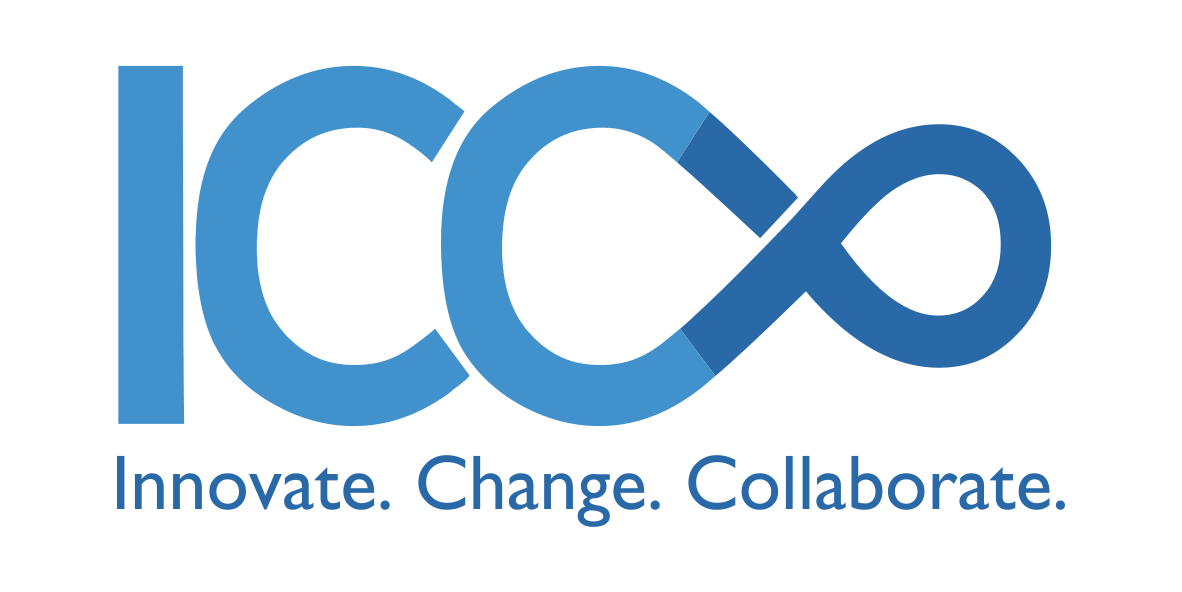Clean Energy Past Projects
Clean Energy Past Projects
ICCo has completed a project in protecting and preserving heritage products through enterprise development and skill building in the Majuli district area under the ONGC CSR project in 2018.
ICCo has completed a project on a Solar Powered Water System in the Sarupathar area of Golaghat district under the ONGC CSR project in 2017
Fuel Efficient Cook Stove under Clean Energy Program in Tea Gardens of Dibrugarh and Tinsukia districts of Assam The Indian Institute of Entrepreneurship (IIE) in close collaboration with Innovative Change Collaborative (ICCo) undertook the implementation of a project to introduce a fuel efficient cook stove among tea garden workers of Dibrugarh and Tinsukia districts of Assam in 2017-18. The project, which represents one of the CSR initiatives of OIL India Ltd. had the mandate to cover 3000 tea garden worker households and introduce them to this fuel efficient, relatively eco-friendly technology, which is known to reduce firewood consumption and thereby reduce carbon emissions significantly. In addition, it brought social benefits by reducing cooking time per meal and time lost in firewood collection, especially for the women who are overburdened with work. The intervention also reduced drudgery and created smoke-free environment in the kitchen leading to better and safer working conditions for women in the kitchen and preventing health problems. To ensure sustainable use of the new technology the project has visualized creation of a team of 20 mason entrepreneurs from among the unemployed youth of the tea garden worker population. Accordingly, a team of 20 youth has been trained to construct, install and repair these fuel efficient stoves. They are also being given training to become entrepreneurs so that they may continue to provide services for repair and maintenance of the stoves to the users for a small fee. A second lot of 20 such youth has also been trained representing the ‘B-team’ of entrepreneurs, although this was not part of the original project. Hence the project provides a source of livelihood to unemployed youth of the tea garden community in addition to the social and environmental benefits mentioned above.
ICCo in association with Oil and Natural Gas Corporation (ONGC) introduced solar powered water systems in three schools in the Golaghat district of Assam. The solar systems provided safe drinking water to nearly 1000 school children including teaching staff of Simanta Janajati School, Rengma Simanta Middle School and Chungajan Middle School. The solar systems not only provided clean drinking water, but also provided hot water for preparation of mid-day meals leading to saving time and cost incurred on firewood and LPG. The solar powered water systems helps in three ways. The pumping system lifts water from the ground level to the overhead tank during daytime. The Reverse Osmosis (RO) Water Purifier draws water from this over-head tank and provides nearly 15-20 litres of purified water per hour with a storage facility. The solar water heating system heats and stores water in an insulated storage tank. The systems generated 35 KWH of equivalent electricity per day and saved INR 38, 500 per year of electricity cost as well
in its capacity as the lead implementing partner for the Association of Founding Organizations (“ICCo”) (DFID, USAID, Shakti, ICCo and GIZ, each a “Participant,” or collectively, “Participants”). USAID, Shakti, ICCo and GIZ collectively refer to herein as “Resource Partners.” This MOU sets forth the participants’ anticipated support for the establishment of a fully collaborative alliance—the Clean Energy Access Network (“CLEAN” or the “Alliance”). The MOU is intended to outline the understandings and intentions of the Resource Partners and S3IDF (as representatives for the Charter Signatories) with regard to CLEAN. Through this MOU, the participants express their common interest in supporting the establishment of CLEAN to deliver a range of services to practitioners and others across the off-grid clean energy value chain, which includes, among other things: 1) helping reduce the transaction costs of entrepreneurs participating in the off-grid energy market; 2) providing a platform for policy dialogue; 3) mobilizing finance and 4) accelerating innovation.
